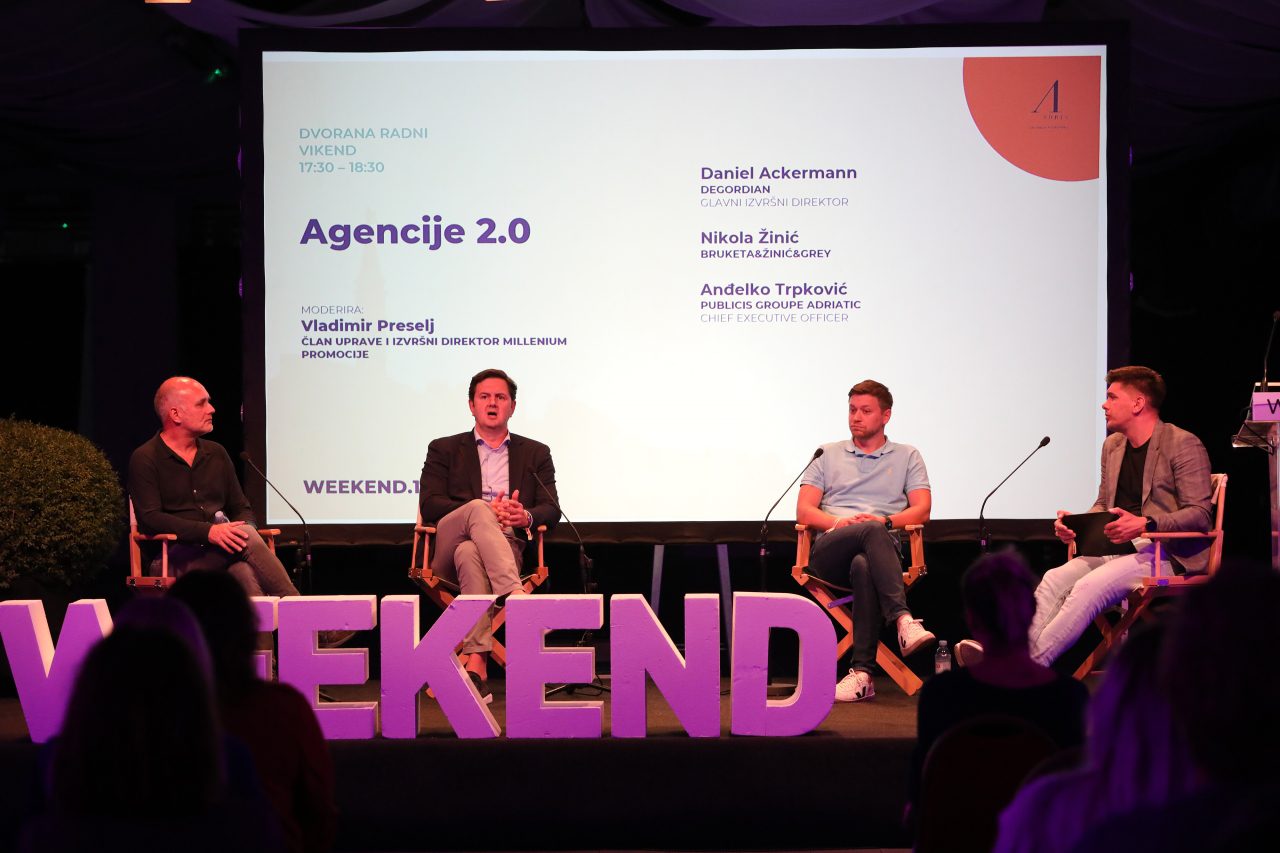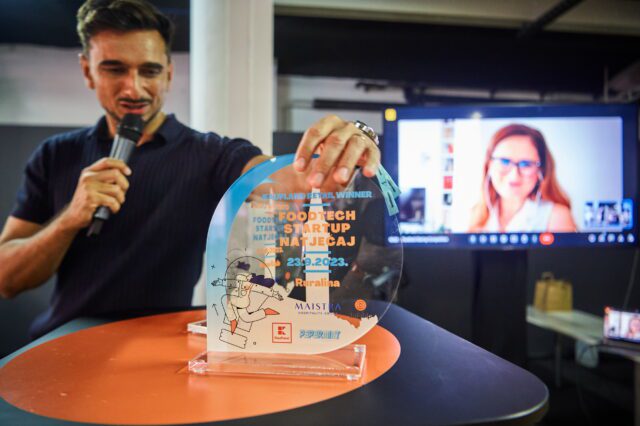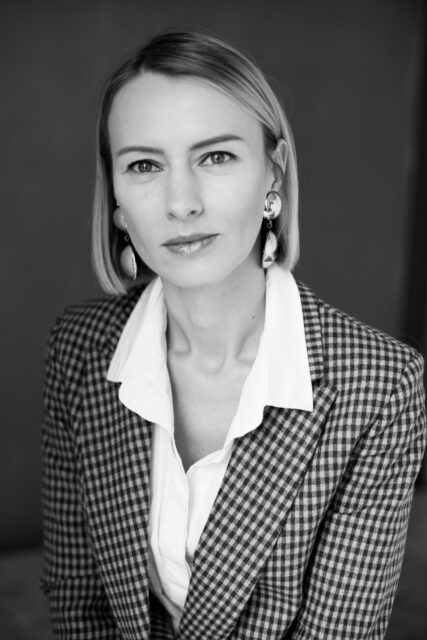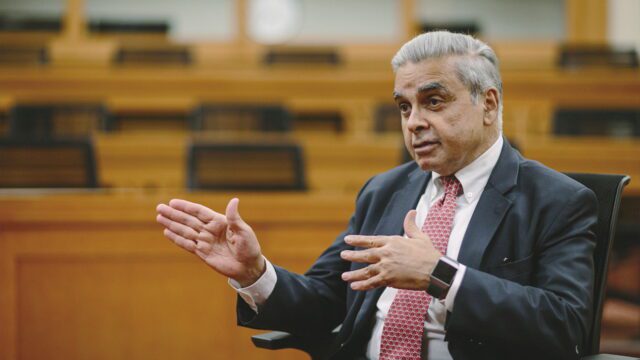At the last panel of this year’s Weekend, the panelists did not cry that they were not included in the program schedule earlier, but concluded that the best were saved for last. The best of the best, Daniel Ackermann, CEO of Degordian; Anđelko Trpković, CEO of Publicis Groupe Adriatic, and Nikola Žinić from Bruketa&Žinić&Grey gave answers to numerous questions facing agencies today at the panel called “Agencies 2.0”. The panel was moderated by Vladimir Preselj, executive director at Millenium promocije, who started the discussion with a direct question: “Digital agencies like to enter the space of traditional agencies, who wins in the battle for supremacy?”
“Digital agencies will win, but it’s actually a complex issue and there are many aspects to it. Today, everything tends towards some kind of integration. And the reason why I really think that digital agencies will win is the fact that such agencies are much broader than communication itself,” answered Daniel Ackermann, who added that Degordian is increasingly dealing with business problems – sales, CRMs, ERPs and HR – while marketing is only one aspect. “We are not traditional at all. I truly believe that the very name 2.0 is a big mistake, because agencies existed in the 1920s. We are somewhere around 11.0 or 12.0, if we have to talk in numbers,” said Anđelko Trpković.
“If you want to stay in business, you have to change, you have to stay agile. At HURA, we all have a common attitude about this and we are trying to meet the challenge of huge changes that are growing exponentially from day to day. Our business is an idea and it hasn’t changed since the beginning. Only the distribution of agency services change with the arrival of new things,” added Nikola Žinić.
Specialization or full service?
The panelists agreed that one should not generalize. For some big projects, we don’t have people who are geniuses in every segment, and that’s why it’s good to cooperate with several small agencies that have a niche in a certain segment. Specialization is very difficult in small markets like ours, and sometimes it is good to do a project with a competing agency because there are projects that are bigger than our ambitions. But when you say in America that you are a full service agency – their hair stands on end because they are all highly specialized there. There are PR agencies that, for example, deal with sports, namely basketball, but also more narrowly – some are specialized only in new basketball clubs on the rise.
Why count?
Moderator Vladimir Preselj could not skip the current issue of the workforce and asked the panelists if they sleep peacefully or if it is getting harder to find quality people and how to keep them. While our parents did not change their jobs – or possibly only once – today we change jobs three or four times, today the new generations ask: why are you even counting? The whole job market is blowing up, the lack of staff is present in all industries. But the issue of caring for people is crucial because the employer does not only work with employees, but also with their careers and families. That is why it is important to communicate carefully with people every day, give them the opportunity to be different and try to understand them when they have different wishes and attitudes. Agencies should stop whining about not having people and making a big drama about it because it’s a normal thing that happens to everyone. Everyone has problems. Rimac has problems. Infobip also has problems. “The rich also cry” – the panel added in a nod to the legendary Mexican soap opera.
What should agencies invest in?
As we are focused on solving our clients’ problems, we should also focus on ourselves with the same passion. Talent, knowledge, innovation and growth. But growth should be controlled. The world economy is based on the idea of constant growth, but it is more important to focus on growing your own capacity and choosing how this capacity will be offered on the market.










